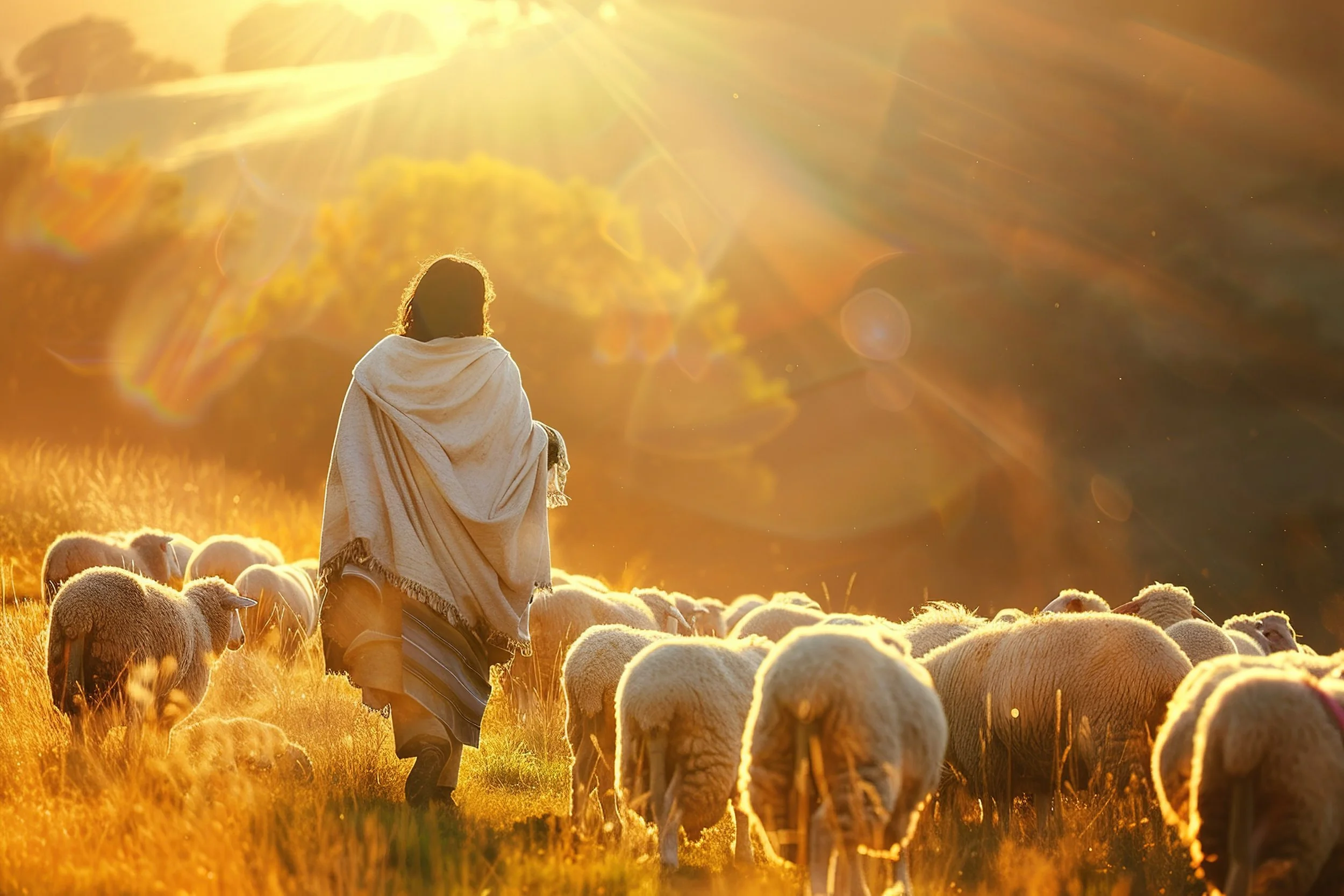Joseph: Living in the Grace of God
Genesis 47
Pray
As we open the Word of God, take a moment to pray.
Ask the Lord to open your heart to see Jesus—His grace, His favour, and His purposes even in unfamiliar or uncomfortable places.
"Lord, speak to us through this story. Let us see Your hand at work and recognize our place in Your covenant. Amen."
Read: Genesis 47
This chapter is full of spiritual treasures—moments of divine favour, wisdom for the present age, and reminders of our identity in God. Let's walk through it together.
What Do You See in the Passage?
Favour in Foreign Lands (v6)
Pharaoh gave Joseph’s family the best part of Egypt—Goshen. He didn’t just permit them to settle; he offered resources and jobs.
God’s favour can open doors where we are foreigners.
Spiritual Identity Amid Earthly Power (v7)
Jacob blessed Pharaoh.
Even though he was on the receiving end of generosity, he did not forget that he was part of God’s covenant.
The lesser is blessed of the greater—not by status, but by calling.
Forgiveness in Action (v12)
Joseph didn’t just tolerate his brothers; he provided for them.
Even without their apology, Joseph showed love.
Forgiveness goes beyond coexisting—it becomes active love.
Overflowing Blessing (v14)
Because of Joseph, Pharaoh's house prospered.
God’s favour on Joseph became a blessing to an entire kingdom.
You carry blessing as a son or daughter of God, as a believer in Jesus Christ. Where you are planted, others will flourish.
Control, Power & Wisdom (v15-26)
In famine, Joseph centralized all resources—land, food, and money.
This shows the power of systems.
This mirrors the future: a warning of how the enemy will use control (Rev 13). As believers, we must think ahead—create communities, economies, and food systems under God’s direction.
Fruitfulness in Egypt (v27)
Even in a foreign land, God kept His covenant with Israel.
They were fruitful, multiplied, occupied, and had dominion.
17 Years of Restoration (v28)
Jacob got 17 more years with Joseph and his grandchildren.
God restores lost time in unexpected ways.
He Knew He Was a Sojourner (v29)
Jacob didn’t settle in Egypt spiritually.
He asked to be buried with his ancestors.
No matter the blessing in this world, remember this is not our final home.
What Does This Passage Mean?
God’s covenant travels with us—even into difficult seasons or unfamiliar places.
We must remember who we are as followers of Christ: covenant people, not citizens of this world.
Forgiveness should be complete, leading us to do good to those who’ve wronged us.
What Stands Out to Me in this Passage?
“I love Jacob’s devotion to God, even in old age.”
He didn’t lose sight of his spiritual identity, even after years of hardship and restoration.
What’s Hard to Understand in this Passage?
Why did they make people put their hands under a thigh when making an oath?
This symbolic gesture (v29) was a cultural practice tied to vulnerability and intimacy—it was a solemn way to seal a promise, often linked to covenant matters, like burial or inheritance.
What Do You Learn About God, People, or Yourself?
God is with you, wherever He places you.
People can thrive spiritually even in physical exile.
We must be deliberate in forgiveness and bold in identity.
Apply the Passage
As The Church:
Let’s remember that we are God’s covenant people.
Even in a society that’s shifting, we’re called to stand firm—wise as serpents and gentle as doves.
Let’s also prepare practically: develop community support systems, food sustainability plans, and gospel-focused missions that serve others with love.
Personally:
Walk in God’s favour this week—look for it, acknowledge it, thank Him for it.
Identify someone you may need to forgive—and ask God how to do good to them.
If you’ve never responded to the grace of God:
Repent. Believe. Be Baptized.
Turn from self-reliance. Believe in Jesus. Step into the covenant through baptism.
God is calling you home.
Let this week be one where we walk in covenant confidence, active forgiveness, and strategic wisdom.
We are not of this world—but while we’re here, we’ll shine.

